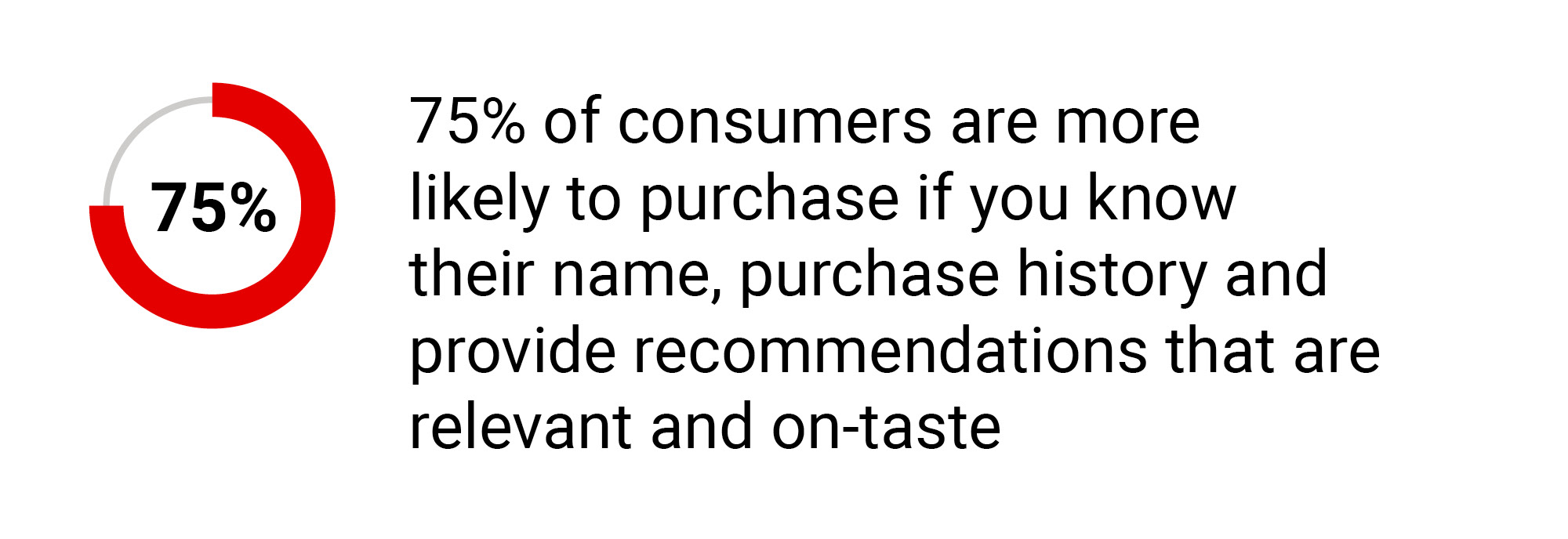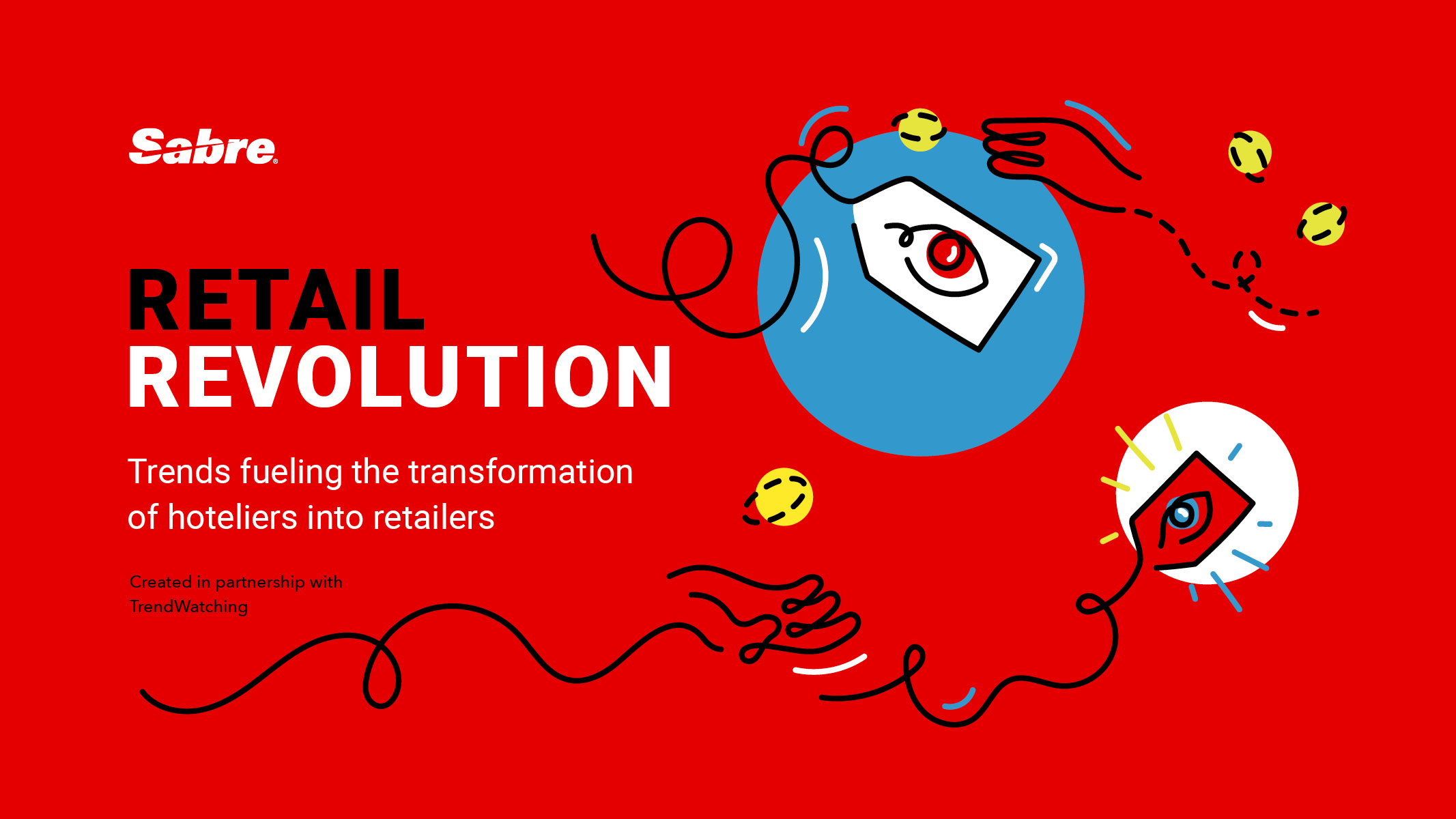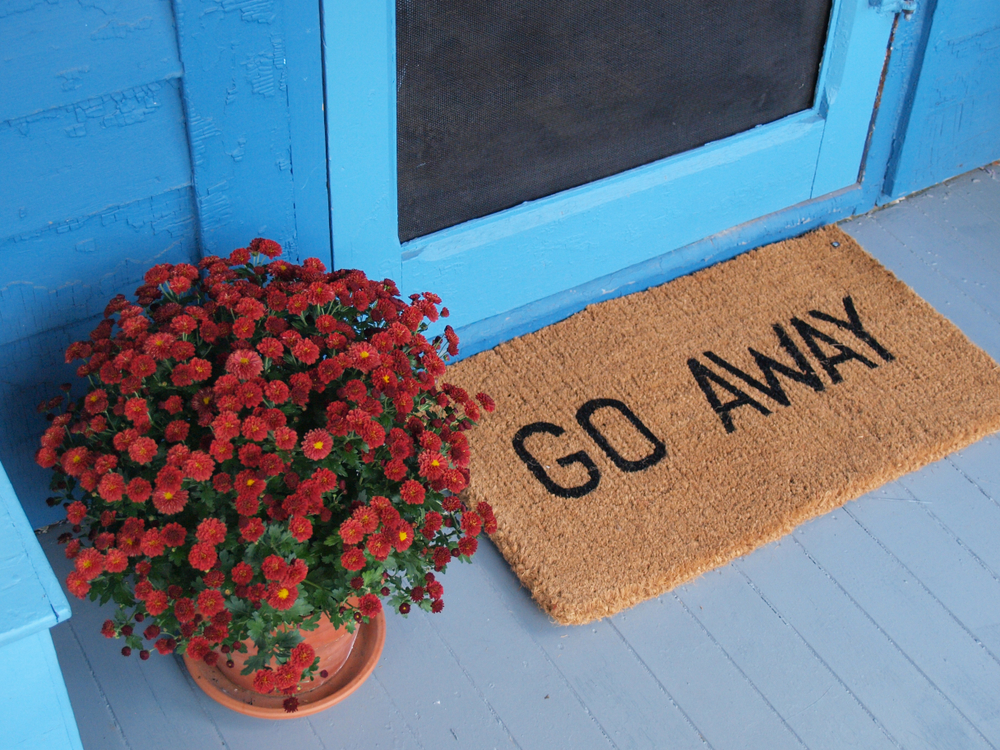Change is inevitable. And so is technological growth. With the increasing levels of innovation, waking up with new technology and changing guest expectations is the everyday norm. No one has been hit harder by changing consumer expectations than the retail sector. In this space, there is little patience for inefficiencies and consumers assume they will be known and dazzled with personalization. For better or worse, these expectations are spilling over into hospitality.
This seems to present a unique challenge for many hotels as they seek to build a sustaining personal connection with guests that fosters brand loyalty and increased revenues. With a heightened demand for what technology can offer, hoteliers are seemingly faced with a conundrum – how are you to maintain a high touch experience for your guests when less face-to-face interaction is not only expected but desired?
 The fact that millennials are becoming the demographic with the most purchasing power cannot be overlooked. As a result, hoteliers need to greatly consider the demographic group’s personality traits and habits when building out their marketing and guest experience strategies.
In general, this is a group that likes to travel; are early adopters of technology; like personalized interactions and are spontaneous. Additionally, they prefer talking to people in human ways using non-human interfaces. So, how can hoteliers have their high-tech and keep their high-touch, too?
The fact that millennials are becoming the demographic with the most purchasing power cannot be overlooked. As a result, hoteliers need to greatly consider the demographic group’s personality traits and habits when building out their marketing and guest experience strategies.
In general, this is a group that likes to travel; are early adopters of technology; like personalized interactions and are spontaneous. Additionally, they prefer talking to people in human ways using non-human interfaces. So, how can hoteliers have their high-tech and keep their high-touch, too?
 These things can show up in thoughtful ways without a complete rehaul of the way you run your hotel. A thought: Include products in the guest experience that are made from other materials (i.e. robes or slippers from recycled materials) and offer adjustments to the product in the booking process to make life easier for a variety of guests (i.e. experiences for those with autism, shampoo for all hair types).
These things can show up in thoughtful ways without a complete rehaul of the way you run your hotel. A thought: Include products in the guest experience that are made from other materials (i.e. robes or slippers from recycled materials) and offer adjustments to the product in the booking process to make life easier for a variety of guests (i.e. experiences for those with autism, shampoo for all hair types).
 Pair this with guests’ demand for these experiences to be seamless and it’s easy to see why AI is becoming a powerful force in travel. A thought: Use guest data and the power of automation to help choose what products you should stock and what experiences you should offer – and when they should be offered.
Pair this with guests’ demand for these experiences to be seamless and it’s easy to see why AI is becoming a powerful force in travel. A thought: Use guest data and the power of automation to help choose what products you should stock and what experiences you should offer – and when they should be offered.

Understanding Millennials’ Growing Impact on Travel
According to Pew Research, millennials (those ages 22-38) account for 27% of the global population or about 2 billion people, making them the largest living generation by population size. They are expected to represent 50% of all travelers to the US by 2025, based on the Cornell Center for Hospitality Research. Chinese millennial travelers are continuing to increase their travel expenditure, an increase of 80% YOY reported in the August 2018, Travel Daily study. According to Business Insider, millennials are more likely to spend $5,000 or more on vacation than any other age group. The fact that millennials are becoming the demographic with the most purchasing power cannot be overlooked. As a result, hoteliers need to greatly consider the demographic group’s personality traits and habits when building out their marketing and guest experience strategies.
In general, this is a group that likes to travel; are early adopters of technology; like personalized interactions and are spontaneous. Additionally, they prefer talking to people in human ways using non-human interfaces. So, how can hoteliers have their high-tech and keep their high-touch, too?
The fact that millennials are becoming the demographic with the most purchasing power cannot be overlooked. As a result, hoteliers need to greatly consider the demographic group’s personality traits and habits when building out their marketing and guest experience strategies.
In general, this is a group that likes to travel; are early adopters of technology; like personalized interactions and are spontaneous. Additionally, they prefer talking to people in human ways using non-human interfaces. So, how can hoteliers have their high-tech and keep their high-touch, too?
Be Sense-able
Leverage tech in a way that feels personal by thinking about how you can adjust your guests’ space in a way that communicates you know them as an individual. In the article, “How Sentient Space Will Change What It Means To Be At Home,” Louison Dumont discusses how the spaces around us contribute to our overall state of mind – and even our health. “A deeper computational understanding of human life means richer experiences,” says Dumont. How can hoteliers use this to help their guests feel more at home through their environment (i.e. lighting, smells, sounds)? A thought: facial recognition (instead of key cards) that is tied to preferences in lighting, aromatherapy scents, and ambient sounds as the guest walks through their hotel door.Be Sensitive
Today’s consumer is a more socially conscious guest that will take notice of a hotelier’s sensitivity to popular social concerns. For instance, the eco-topic of 2018 – plastic straws – has driven legislation in many countries and it would be imprudent for hoteliers to ignore how this trend could affect guests’ relationship with their brand. Similarly, is the idea of practical representation and considering how you can make aspects of travel enjoyable for different types of people. These things can show up in thoughtful ways without a complete rehaul of the way you run your hotel. A thought: Include products in the guest experience that are made from other materials (i.e. robes or slippers from recycled materials) and offer adjustments to the product in the booking process to make life easier for a variety of guests (i.e. experiences for those with autism, shampoo for all hair types).
These things can show up in thoughtful ways without a complete rehaul of the way you run your hotel. A thought: Include products in the guest experience that are made from other materials (i.e. robes or slippers from recycled materials) and offer adjustments to the product in the booking process to make life easier for a variety of guests (i.e. experiences for those with autism, shampoo for all hair types).
Be Personal
Hoteliers realize that travelers look to increase their spending on experiences over physical things. Demand for new, unique and “experiential travel” is driving hoteliers to reconstruct and develop their product offering to be more personalized, immersive, adventurous and more attuned to local culture so as to inspire and resonate on a deeper emotional level. In fact, 75% of consumers are more likely to purchase if you know their name, purchase history and provide recommendations that are relevant and on-taste, according to a 2019 Accenture study. Pair this with guests’ demand for these experiences to be seamless and it’s easy to see why AI is becoming a powerful force in travel. A thought: Use guest data and the power of automation to help choose what products you should stock and what experiences you should offer – and when they should be offered.
Pair this with guests’ demand for these experiences to be seamless and it’s easy to see why AI is becoming a powerful force in travel. A thought: Use guest data and the power of automation to help choose what products you should stock and what experiences you should offer – and when they should be offered.
Be Social
No, this isn’t meant to emphasize the importance of social media (although that should certainly play a part in your overall strategy). As highlighted in the article, “At Hotels, Space That’s Like the Office, ‘but Cooler’”, hoteliers should be facilitators of meaningful connections for their guests and surrounding communities. The example given is of The Revolution Hotel in Boston, which offers co-working space after observing that younger generations tend to spend more time outside their rooms. A craving of connections goes hand-in-hand with an appetite for experiences that travelers share and hoteliers are in the perfect position to provide both. A thought: Incorporate an aspect of your community that travelers would appreciate – such as a historical society or inclusion in a major event – and offer to pair up travelers with other participants of those same experiences.Basically… Be a Retailer
Overall, guests are high-tech because it makes traveling easy and gives them the high-touch experiences they desire. Catering to guests’ growing dependence on technology without sacrificing personal service will be key in moving your brand forward. Sabre stands ready to offer technology solutions that help your hotel keep pace with change and in-step with shifting trends. Knowing your guests, understanding what they want, offering items based just for them, we can help you offer your guest an improved travel experience. Making the transformation from a hotelier to a retailer can help you connect more deeply with travelers — delivering a higher conversion rate, increased ADR and greater share of wallet. Our latest report, Retail Revolution, explores six actionable trends (many discussed in this article) that you can use to fuel your next innovation and create the experience that will keep your guests coming back for more. Click here to learn more.
